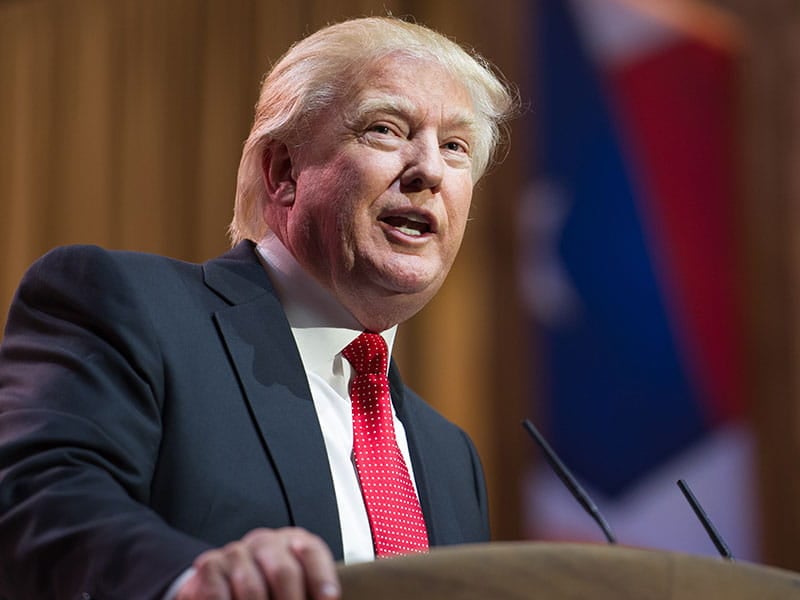"The polls continue to show that a lot of Americans are uncomfortable electing a non-believer," said Joe Conn, spokesman for Americans United for the Separation of Church and State, a Washington, D.C.-based watchdog organization. "It's almost a de facto religious test," he added, a reference to the fact that the Constitution explicitly forbids any religious requirement of candidates for federal office.
"It's one of the interesting facts of political life in that the religious right says they're discriminated against, but in fact the atheists are shunned," Conn said.
Whether one describes it as atheism, agnosticism or secular humanism, open declaration of non-belief in religious ideas is not popular in the United States. Polls show that close to 95 percent of Americans claim to believe in a deity, a proportion much higher than prevails in most European countries. And in a nation whose motto, "In God We Trust," decorates the currency and whose highest court recently let stand the phrase "under God" in the Pledge of Allegiance, a majority of Americans tell pollsters they think a person cannot be moral without religious faith. That assumption deeply rankles non-believers.
It should be no surprise then that politicians typically claim a religious identity, even if not all are as public about it as President George W. Bush, whose personal piety has formed the subject of newsmagazine cover stories and at least one book. In an interview a few years back, Conn's boss, the Rev. Barry Lynn, said that in nearly three decades in Washington, he could not recall ever hearing a politician admit to being an atheist or agnostic. Indeed, pundits and some politicians have been urging the presumptive Democratic presidential nominee, Sen. John Kerry, to talk more about his own religious beliefs as a means of connecting with voters--and the extensive faith language of the Democratic convention suggests he' gotten the message.
Bucking the culture shortly after his father's funeral last month, Ron Reagan said in two high-profile interviews that he does not believe in God. "I'm an atheist," he said on CNN's "Larry King Live," in remarks broadcast June 23, according to a transcript from the program. He made the same statement to The New York Times magazine, which published it four days after King's show.
Even if such a public statement is rare, it might reflect another, subtle tendency in American life. A growing minority of people are becoming disconnected from any religious affiliation, according to researchers who conducted an extensive survey of Americans' religious attitudes. In 2001, the authors of the American Religious Identification Survey, conducted by City University of New York's Graduate Center, stated that 14 percent of Americans claimed no religious affiliation, up from about 8 percent who made that claim in a similar survey in 1990. On the other hand, the survey found that those who specifically identify themselves as atheists or agnostics still comprise a very small proportion of the population--about 1 percent.
Taken by themselves, they don't represent much of a political base. Asked by the Times magazine if he had any interest in public office, Ron Reagan pronounced himself "unelectable," because of his lack of religious belief. He made a similar statement to Mr. King, adding, according to the transcript, that Americans wouldn't elect an atheist.
For his part, Kurtz indicated he would keep Mr. Reagan's appearance at the Democratic convention strictly in proportion. Politically, he said, it represented a "very minor opening" for non-believers. But he said with a laugh that he thought that Mr. Reagan deserved some recognition for saying what he did. Maybe he should receive an award, Mr. Kurtz said, "a freedom of conscience award."

